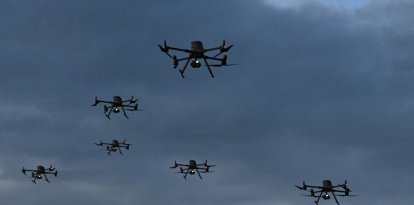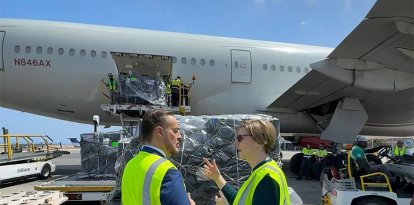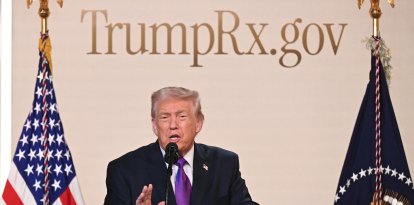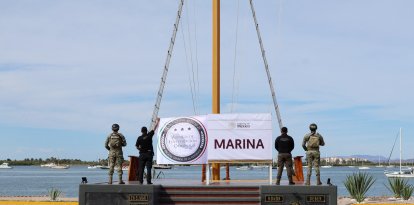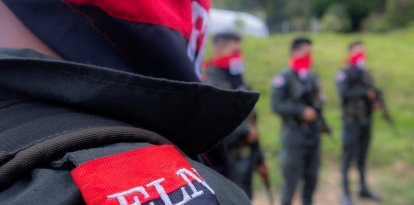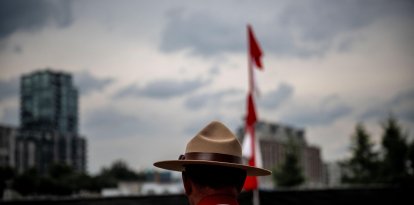Jake Sullivan arrives in China amid escalating conflicts in the region
It is the first visit by a security advisor to China since 2016. He was welcomed by U.S. Ambassador to China Nicholas Burns.
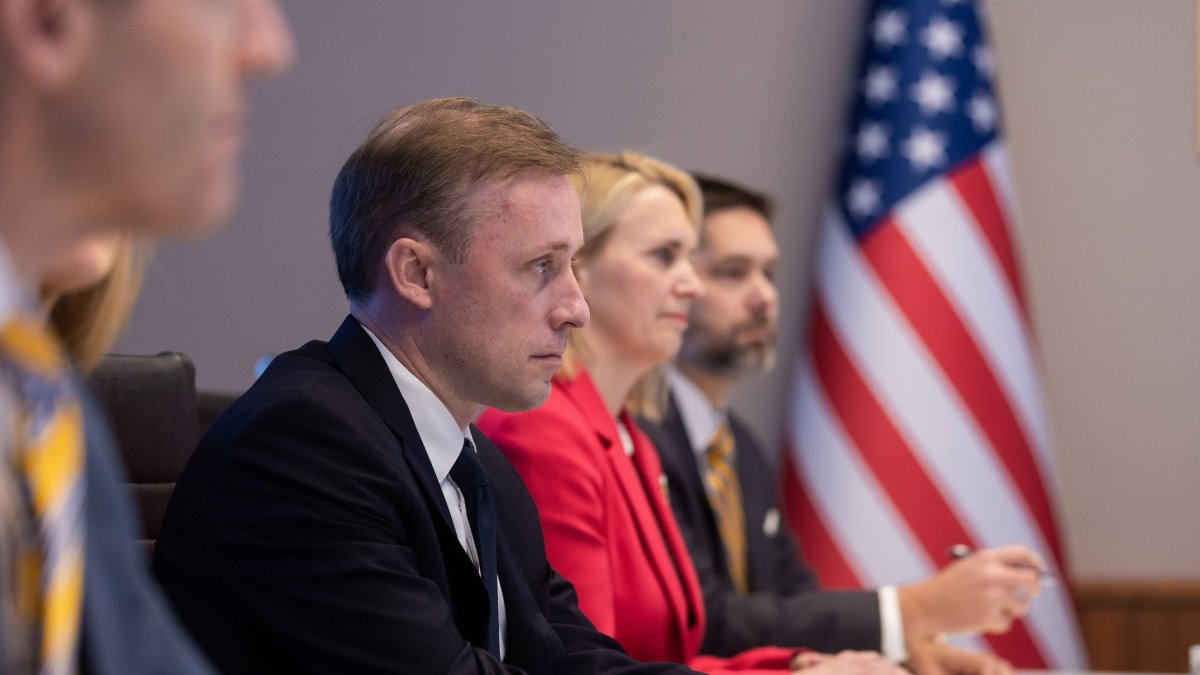
Jake Sullivan
Jake Sullivan, White House national security advisor, arrived Tuesday in Beijing to meet with Chinese Foreign Minister Wang Yi. It is the first visit by a security advisor to China since 2016.
The intent of the trip, according to various media reports, is to attempt to manage strained relations with China, amid the open dialogue process between the two countries.
"Sullivan's plane landed shortly before [2 p.m.] local time in Beijing, where the advisor was received by the U.S. ambassador to China, Nicholas Burns, according to the live broadcast," AFP explained.
In addition, it was learned that the White House advisor will meet for two days with Wang Yi, a senior foreign policy official for Chinese leader Xi Jinping. They will do so in an area in the outskirts of Beijing.
In that regard, Sullivan explained that Joe Biden's administration aims for the talks with Chinese authorities to be conducted in a responsible manner.
"President Biden has made it very clear in his conversations with President Xi that he is committed to managing this important relationship responsibly," Sullivan told Wang before the talks began, The Independent reported.
Similarly, it is expected that one of the central issues to be discussed at the meetings will be the situation in Taiwan, as well as other security issues. It was already made public that China raised its concerns to the United States on the issue.
"The Taiwan issue is the first insurmountable red line in U.S.-China relations and 'Taiwan independence' is the biggest risk to peace and stability in the Taiwan Strait," said Chinese state-run station CCTV.
In addition, as AFP recalls, China's Ministry of Commerce also expressed its dissatisfaction over U.S. sanctions against Chinese companies due to their links to the Russian invasion of Ukraine.
"Washington on Friday announced a new series of sanctions against 400 entities and individuals from Russia, Belarus, China and other countries, including some 70 defense technology companies, whose 'products and services enable Russia to support its war effort' in Ukraine," AFP reviewed.
Sullivan's arrival also comes after hours of tension in the South China Sea, or the West Philippine Sea, depending on who you ask. After a month of escalation in waters claimed by the Philippines and China, in recent hours, incidents were recorded that both countries point to as a provocation by the other.
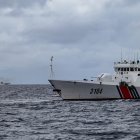
Mundo
Filipinas y China cruzan acusaciones mientras escala la tensión en el Mar de China
Santiago Ospital
The Chinese Communist Party assured that it had taken "control measures" against two Philippine coast guard boats which it accused of "illegally entering waters near Xianbin Jiao," as it calls the Sabina Atoll, called "Escoda" by the Philippines and also claimed by Taiwan and Vietnam. The two vessels came "dangerously" close, "inciting exaltation," to Chinese Coast Guard vessels. Then, "the Chinese Coast Guard took enforcement action against the Philippine vessels in accordance with the law."
The version from the Philippines, a U.S. ally, is very different: its ships were on their way to deliver supplies to another ship in Sabina Atoll when they had to turn around due to dangerous sea conditions and the "excessive" number of Chinese vessels deployed in the area, a Philippine Navy spokesman told AFP. "We were boxed in, surrounded and it was difficult for us to move forward," said the spokesman, who listed the adversary presence at six coast guard ships, three navy ships and 31 other unidentified vessels.














